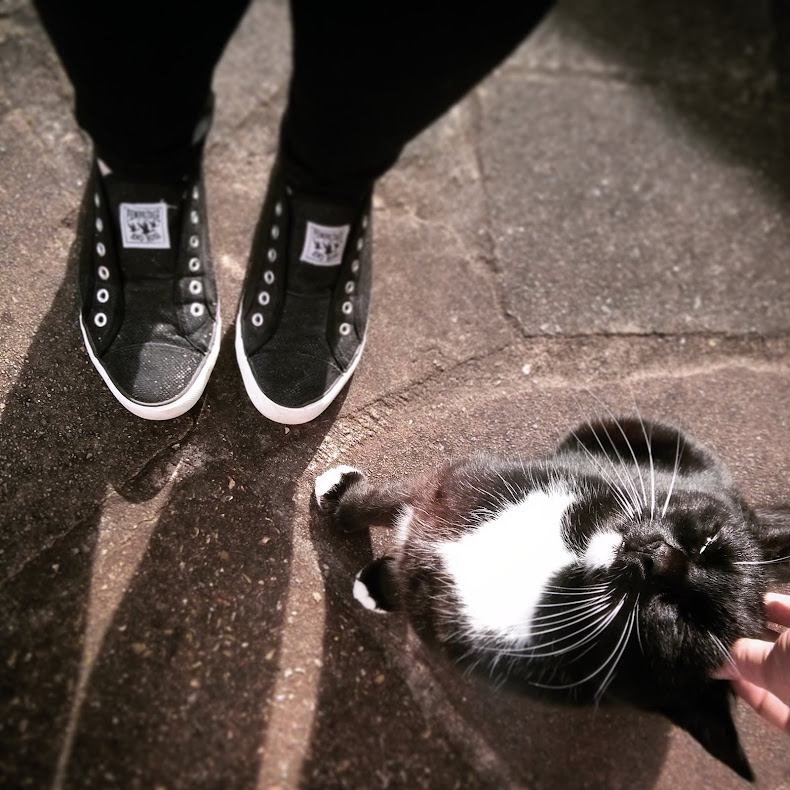What doesn’t kill you makes you stronger. Every cloud has a silver lining.
Use your disadvantage to your advantage.
That last statement came from Jon Akwue, global client
managing director at Engine, just this afternoon. I’m currently part of an
incredible programme called Livity Advantage, run through Livity UK and led by
Google, and through their amazing 8-week Digital Expert course I, along with 14
others have had, and will have, the chance to meet with, talk to, and learn
from outstanding industry experts and forerunners such as Jon, and it was our
meeting with him earlier that got me thinking, non-stop, all the way home.
The notion of disadvantage is a broad one, and perhaps a
sensitive one, but the idea that you can use what makes you different, makes
you you, (your ‘Unique Selling Point’) even if it’s perhaps been in the first
instance less than positive, is an incredibly powerful one. Jon’s point really drove
home that in almost every sense of the word I’m actually advantaged, in so much
as I’m not disadvantaged. I’m incredibly lucky in most respects, in that I’m
white, lower middle class, and come from an incredibly supportive family who
were also able to live near a decent school. I’m not the standard model when
someone says the word disadvantaged, because in most respects I’m not.
Here’s where it gets tricky, or perhaps interesting, never
mind the fact that it’s been going round and round my head for about 5 hours. My
‘disadvantage’ is exclusively mine to disclose. With the best will in the world, ethnicity,
just for example, or some disabilities, is not necessarily something you have a
choice about disclosing when walking in to a room. But is that a good thing, or
not? It struck me today just how right Jon Akwue was with his statement, and
how much people who’ve seen both sides of the coin have to offer in that
respect, but also, just how much my frankly incomparable ‘disadvantage’ is a
silent burden, as at face value, I am, well, advantaged.
I went to University, I stayed for 4 years, but I didn’t get
a degree. On paper, I wasted 4 years of my life and have very little to show
for the massive amount of debt I’m in because of those years. In reality, I had
some of the best experiences of my life, but also lived through the worst,
darkest days of my existence. As a consequence I learnt so much about myself,
and about the world around me and how things impact each other that I am now in
fact a stronger, no, better person because of what I experienced, and have a
completely different angle on life and the way I work and tackle things because
of it.
My newly-acquired angle is the USP I bring to the table, but
the problem I face is that of deciding, or perhaps knowing when and sometimes
even if, to disclose. I have the benefit, or perhaps advantage of being able to
disclose my ‘disadvantage’ at will, but then there are all the pre-conceived
notions that accompany what I’ve been through which often take a lot more than
a conversation at interview to dispel, while it is what I’ve been through (loosely)
that is the reason I am right for the job and could bring so much to the role.
Tricky, no?
I know what I have to offer, but my next challenge is
proving it to the people I want to work with, in spite of what’s in the past.
If at first you don’t succeed and all that.
Challenge accepted.
